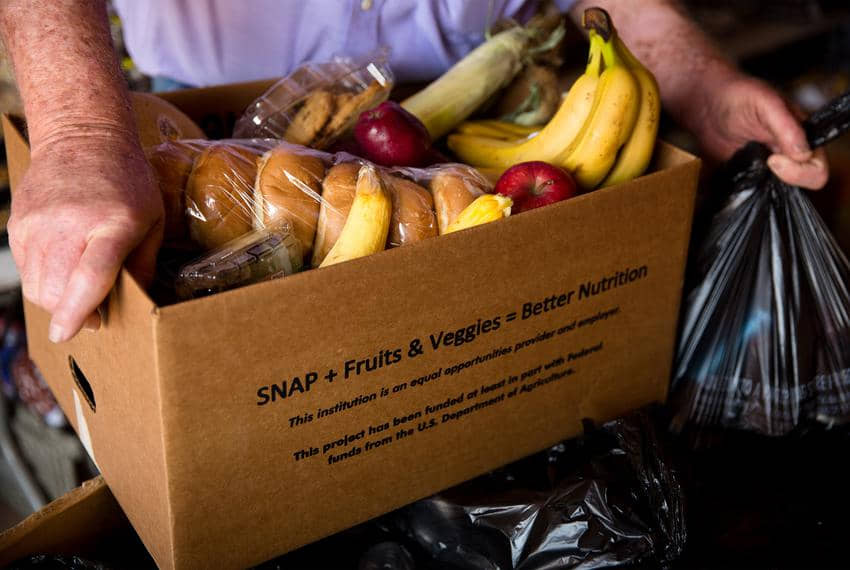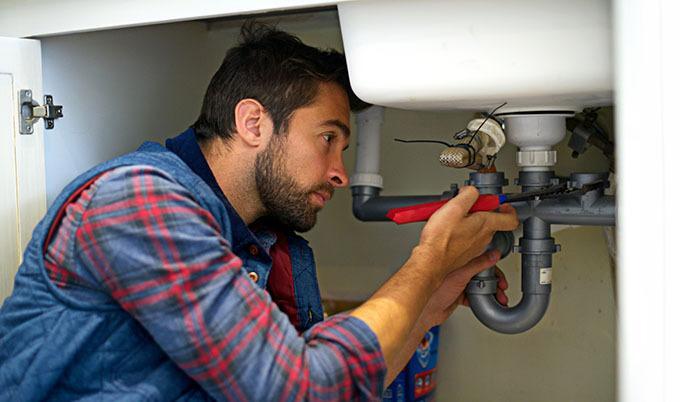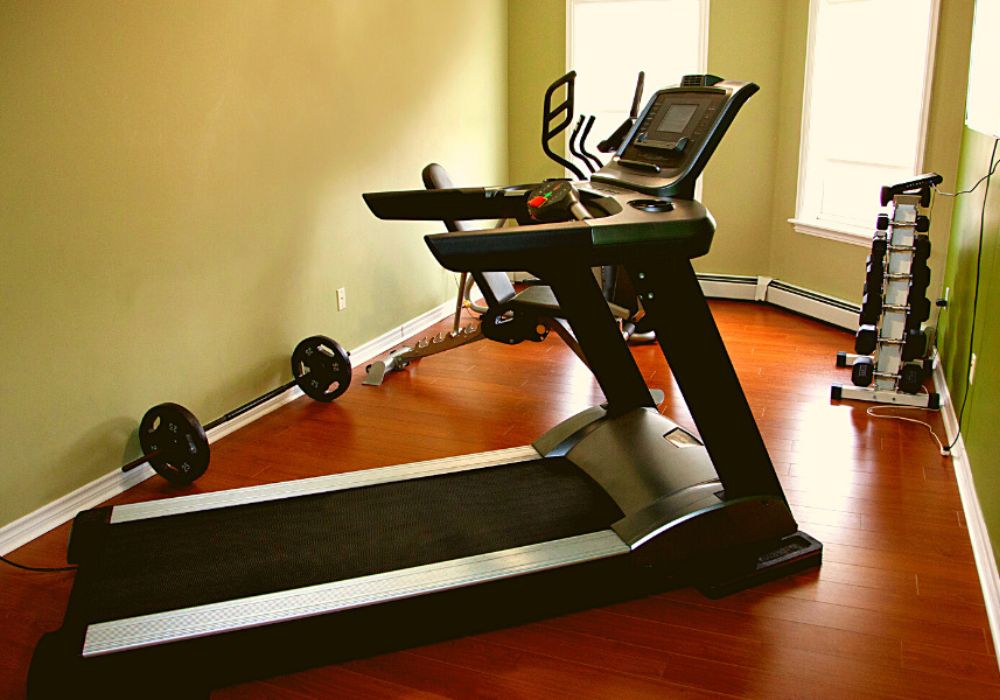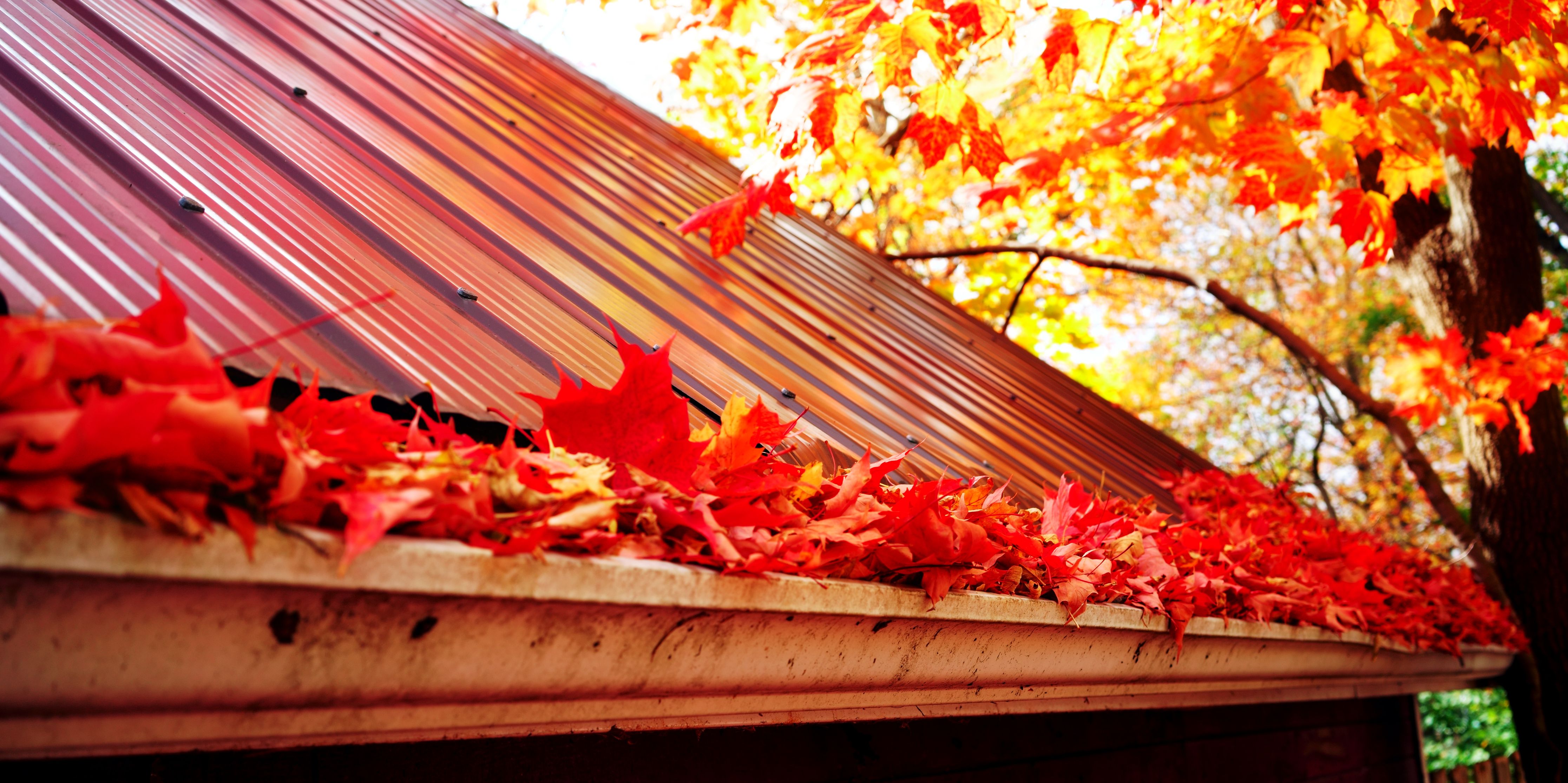Kingman, Arizona is known for having remarkably affordable housing prices compared to other cities in the state. Homebuyers are often puzzled as to what factors contribute to making homes so inexpensive in this town. While lower costs can be enticing, it's important to understand the various reasons behind the low prices.
In this article, we will explore the major causes of Kingman's cheap housing market through a detailed analysis of local economic and demographic conditions.
Why are homes so cheap in Kingman AZ?
There are several interrelated factors that contribute to the low cost of housing in Kingman. Chief among these is the city's rural location away from major job centers, which impacts both supply and demand dynamics. Situated in remote northwestern Arizona, Kingman lacks the economic opportunities and amenities found in larger, metropolitan areas like Phoenix. As a result, it receives less migration and new residents compared to other cities. Lower population growth directly leads to decreased housing demand, exerting downward pressure on prices.
In addition, Kingman's isolated location affects construction expenses. Materials and labor tend to be cheaper in rural regions with smaller markets. Builders consequently have lower overall development costs, allowing them to offer homes at more affordable price points. When combined with the stable supply of housing stock provided by ample vacant land, these location-specific factors help explain Kingman's low-cost market.
Related: Why Are Houses So Cheap In Spring Hill, Florida?

Non-Vibrant Local Economy
Kingman's economy is supported by industries such as tourism, retail, healthcare and manufacturing. However, these sectors do not provide the high-wage jobs present in substantial urban economies. The median household income is substantially below the national average, constraining the budgets of most residents.
With more limited purchasing power, buyers are only able to afford homes within a reduced price range. This impacts values across the entire housing market. Builders and sellers must set affordable rates to attract buyers with incomes proportional to the local job opportunities.
Availability of Land
Relative to the population of around 35,000, Kingman has a surplus of undeveloped land zoned for construction. This high supply of available parcels enables continuous development of new houses. Competition between builders to sell these properties compels them to offer competitive pricing.
Additionally, the cost of vacant lots is far lower than in densely populated cities with constrained space. Having cheaper land as a starting point allows builders to develop and sell homes at lower price points. The ongoing availability of buildable parcels ensures that the market does not encounter supply shortages that could drive prices up.
Market Dynamics
Various market dynamics have exerted downward pressure on housing values in Kingman. One factor is the portion of older homes in the city requiring repairs or renovations before move-in. These distressed properties often sell at lower prices just to get them off the market.
Foreclosures during the 2008 recession also flooded Kingman with cheap homes, further driving median prices down. Even after the housing crisis ended, these econometric influences left the market with depressed valuation levels that have persisted.
Aging Population Demographic
Kingman is home to an older population relative to other areas. According to census data, the median age is 52 years - substantially more than the nationwide figure of 38. This aging resident profile impacts real estate demand trends.
Older individuals are typically downsizing from family homes into smaller, low-maintenance living arrangements like retirement communities or apartments. Therefore, the abundance of seniors leaving larger properties contributes to the high supplypressuring prices downward. Younger generational cohorts are also much less represented, decreasing overall buying power.
Rural Lifestyle Limitations
While natural scenery and access to outdoor recreation are major selling points, Kingman cannot compete with more substantial urban centers in terms of lifestyle amenities and cultural offerings. A limited local economy and services sector mean fewer employment, entertainment and shopping options compared to places like Phoenix.
This restricts the city's appeal to demographic sets seeking such amenities and drives certain buyers to look elsewhere. The reduced demand allows housing prices to remain low.
Low Property Tax Levels
Property tax rates in Kingman are also very affordable for homeowners. The current average effective property tax is just 0.71% of assessed home values. This puts it among the lowest property tax burdens statewide. Such minimal annual tax obligations help offset other costs of homeownership, like insurance and maintenance. Low taxes further increase Kingman's cost competitive advantage over other cities where levies are significantly higher.
Conclusion
Kingman's cheap housing is due to the unique combination of factors like its remote location, sparse local economy, aging demographics and high land/inventory supply. While low prices improve accessibility, buyers must weigh associated lifestyle trade-offs.
Still, for individuals seeking an affordable place to call home amid scenic surroundings, Kingman offers a compelling southwestern option. Its low-cost real estate market will undoubtedly continue attracting both newcomers and investors.





